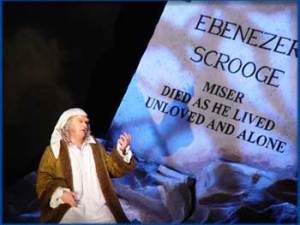Our hearts (not the actual organ that pumps blood) are the center of who we are. The heart is made up of our mind, affections, and will. It includes our passions, desires, emotions – it’s what drives us. The importance of the heart cannot be overestimated.
Behaviorism works, but not for long. As soon as the “hook” – the reward or punishment – is removed, the behavior returns (most likely in a stronger fashion). Tom Ascol, pastor of Grace Baptist Church in Cape Coral, Florida, wrote about the heart in a past issue of Tabletalk. (The following are selected quotes from the article “The Heart of the Problem.”)
Jesus teaches us that there is something far more fundamental to our sinfulness than the actual sins we commit. Our sins do not make us sinful. Rather, we commit sins because, at the very center of our lives, we are sinful. Sin has invaded the inner recesses of our personalities.
This is essential information for spiritual health because it keeps us from misdiagnosing our real problem. So often we are quick to blame others for our failures and shortcomings. We even mask how we do this by employing the “if-only” rationale to excuse our sin. “If only I had been raised differently…I had a better job…you hadn’t provoked me…my husband would listen to me…my church were better…” The list is endless and usually contains genuinely flawed people and circumstances that are blameworthy.
But no circumstance, other person, or activity can ever justify my sin. I sin, Jesus said, because my heart is sinful. That is a shattering reality. But we must humbly face it if we want to be spiritually healed.
Failure to accept our Lord’s teaching at this point inevitably leads us to locate sin outside of ourselves.
But Jesus teaches us that sin does not originate “out there.” Its haven is the human heart. Martin Luther came to see this and it caused him to say, “I am more afraid of my own heart than of the pope and all his cardinals.”
The only way to make the stream pure is to purify the fountain. And the only way to deal with our sin is having our hearts engaged.
This is precisely what the Gospel does. God does not merely call us to stop sinning. He calls us to be transformed from within. And He provides such transformation through the power of the Gospel.
Sin is not yet purged from the Christian’s heart, though one day it will be. But its power is broken so that, by faith in Christ, we can pursue real holiness from the inside out.



